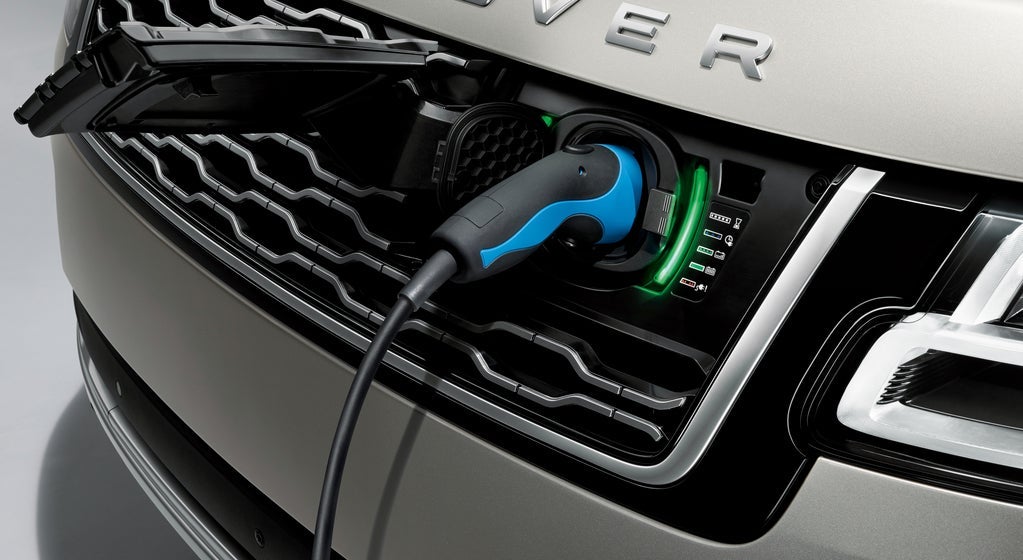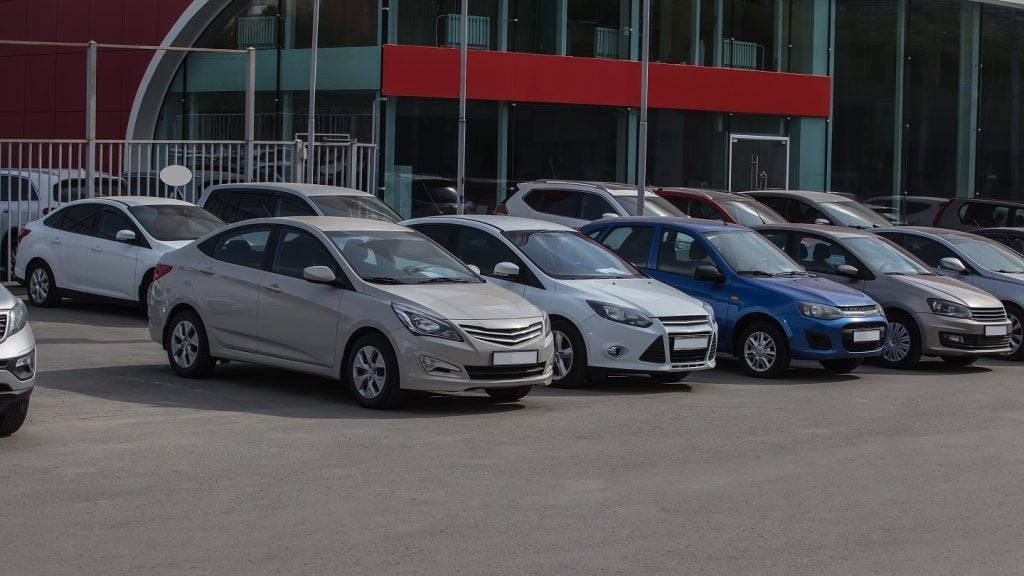The downward spiral in new car registrations is disappointing, but the pattern over the course of 2018 is – unlike 2017 – likely to be more balanced, writes Alison Ashley, partner and head of automotive at RSM
It will come as no surprise that the SMMT expects new car registrations in 2017 to fall nearly 4.7% year-on-year to 2.57 million units, and for 2018 to slide by a further 5.4% to 2.43 million.
While the downward trajectory is disappointing, the pattern of new car registrations over the course of 2018 is likely to be more balanced throughout the year – unlike the strong first quarter and sharp decline in the second half of the year during 2017.
Although registrations do not necessarily equate to profit for dealers, balanced manufacturer target expectations for 2018 will be key to new car performance.
Strategically most operators have already shifted towards used vehicle operations, and are benefiting from high vehicle parcs in the aftersales departments.
The UK is going electric
How well do you really know your competitors?
Access the most comprehensive Company Profiles on the market, powered by GlobalData. Save hours of research. Gain competitive edge.

Thank you!
Your download email will arrive shortly
Not ready to buy yet? Download a free sample
We are confident about the unique quality of our Company Profiles. However, we want you to make the most beneficial decision for your business, so we offer a free sample that you can download by submitting the below form
By GlobalDataAll signs point to the UK going electric. In October 2016, Highways England published its innovation strategy, setting out its plan to ensure the UK keeps pace with advances in technology.
The chancellor’s 2017 Autumn Statement also provided renewed commitment to new and future vehicle technology – from investment in charging points and buyer incentives for electric vehicles (EVs), to research and development tax credits to boost UK-based innovation.
This push is leading consumers and manufacturers towards rapid change with investment and incentives, and it looks to be working. Pure EV registrations increased by 38.7% year-on-year to November 2017, and this is a trend that looks set to continue in 2018.
Diesel demonisation
On the other hand, the government is still on the warpath and gunning for diesels. Year-to-date November 2017 diesel registrations slumped by 16.1%.
The demonisation of diesels and a lack of consumer understanding of the new cleaner Euro 6 diesels suggests the tide is unlikely to turn any time soon. Certain manufacturers have already extended scrappage scheme incentives into 2018 in a bid to gain market share.
Franchise network
The franchise sector has continued to be at the forefront of deal activity. Property values, goodwill and demand from buyers are all still at a high across most brands.
Acquisitions through 2017 have included significant investment from overseas-funded groups, in some cases taking advantage of currency and low interest rates. Independent UK operators have also sought to grow their territories and/or brand representation to keep pace with the highly competitive market.
A declining market in terms of new car registrations will mean a rebalancing of network representation for most manufacturers. This will bring opportunity for some, but will bring issues such as underperforming sites and succession planning to the forefront for others.
In addition, telephone box, shopping mall outlets and online sales retail routes will no doubt continue to be trialled by most of the manufacturers as the generation gap of the consumer widens.
Uncertainty, instability
It is fair to say that continued economic uncertainty is still a key concern for most UK businesses.
While the Brexit process and consequences continue to unravel, some key points are already clear:
- New car prices are rising on the back of the weak pound. More than 85% of new cars bought in the UK are imported. If a free trade deal is not struck, tariffs would further increase costs;
- Declining households’ real incomes due to a burst of inflation will further weigh on car purchases; and
- Increasing interest rates will remove another of the incentives to buy a new car.
The outcome of the FCA’s review of motor finance is expected in the first quarter of 2018, and affordability – especially given the notes above – is expected to be a key area of focus and possible change.







